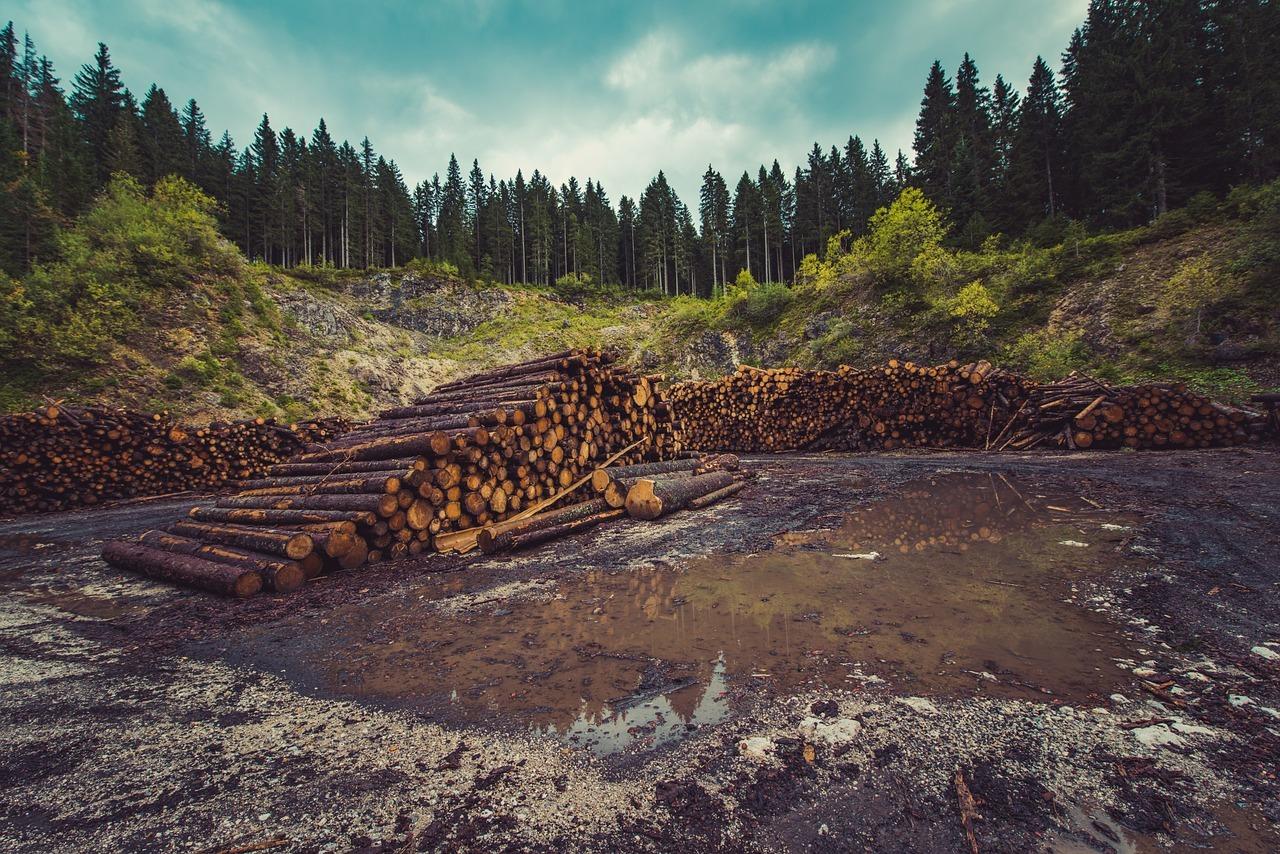
By Kyle G. Crider
“The economy is a wholly-owned subsidiary of the environment, not the other way around.” -- Gaylord Nelson
Conservatives* love a balanced budget, with one notable exception: our natural capital budget. If the Earth is a business, conservative extraction policies – can you hear the chants of “Drill, baby drill?” – are treating this business like a fire sale. Instead of living off nature’s interest, conservatives advocate drawing down irreplaceable natural capital: Mine the lands, drill the oceans, harvest like there’s no tomorrow. Burn, baby burn.
*I don’t mean all conservatives, of course. However, if one looks at the conservative presidential front-runners – as well as most any conservative currently holding office – you will find this mentality ubiquitous.
“Anyone who believes exponential growth can go on forever in a finite world is either a madman or an economist.” -- Kenneth Boulding
Anyone who believes that humans can’t have a significant impact on something as large as the Earth haven’t seen it from space lately. As National Geographic reports: “Humans have altered the face of the Earth more than any other species, and the pace of change is increasing … Our most obvious impact is on the land, where more than 80 percent of Earth's surface has been marked by human activity.”
By remaking the planet in our own image, we’ve even created our own geologic epoch. Welcome to the Anthropocene.
“Organisms cannot survive in a medium consisting of their own final outputs. Neither can economies.” -- Herman E. Daly
Humans are now responsible for an asteroid-sized mass extinction event on par with five previous mass extinction events known from earth’s history. Famed Harvard biologist E.O. Wilson describes the means by which we are reducing biodiversity and eliminating whole species and ecosystems with the following mnemonic: HIPPO
- H - Habitat loss and fragmentation
- I - Invasive species
- P - (Over-)Population
- P - Pollution
- O - Overharvesting
What’s worse: All of these losses are occurring with a global human population of 7 billion resource-hungry folks. But the human population is expected to grow to 10 billion folks by 2050 – a growth that is projected to destroy a fifth of the world’s remaining natural habitat.
What happens when humans (or any organisms) exceed ecological limits? Unfortunately, the strict laws of physics apply. Crash, baby crash. Sooner or later, the population must fall (i.e., folks will die) until the remaining population can subsist on whatever resources are left. Not a pretty picture. We must conserve our resources, reduce waste and material consumption, and learn to live off nature’s interest by powering our economy with clean, renewable solar and wind power.
So, even as we lament that there is no conservation in today’s conservatives, “Their very conservatism is secondhand, and they don’t know what they are conserving.” -- Robertson Davies
To end on a hopeful note: Younger conservatives tend to be more open to things like, well, conserving than their older counterparts. Speaking of mass extinction events, let us hope these new mammals soon rise to replace the dying dinosaurs of resource extraction and depletion. They will be reclaiming a great conservative environmental heritage.
“Conservation is a great moral issue, for it involves the patriotic duty of insuring the safety and continuance of the nation.” -- Theodore Roosevelt
Image credits: 1) Pixabay 2) Unsplash via Pixabay
Kyle G. Crider is Energy Project Manager for the Alabama Environmental Council and the Alabama Solar Knowledge project. Kyle holds a bachelors in Environmental Studies and a Master of Public Administration (MPA) degree with a double-emphasis in Urban Planning & Policy Analysis. He is a Leadership in Energy and Environmental Design Accredited Professional, Neighborhood Development (LEED AP ND).
TriplePundit has published articles from over 1000 contributors. If you'd like to be a guest author, please get in touch!














